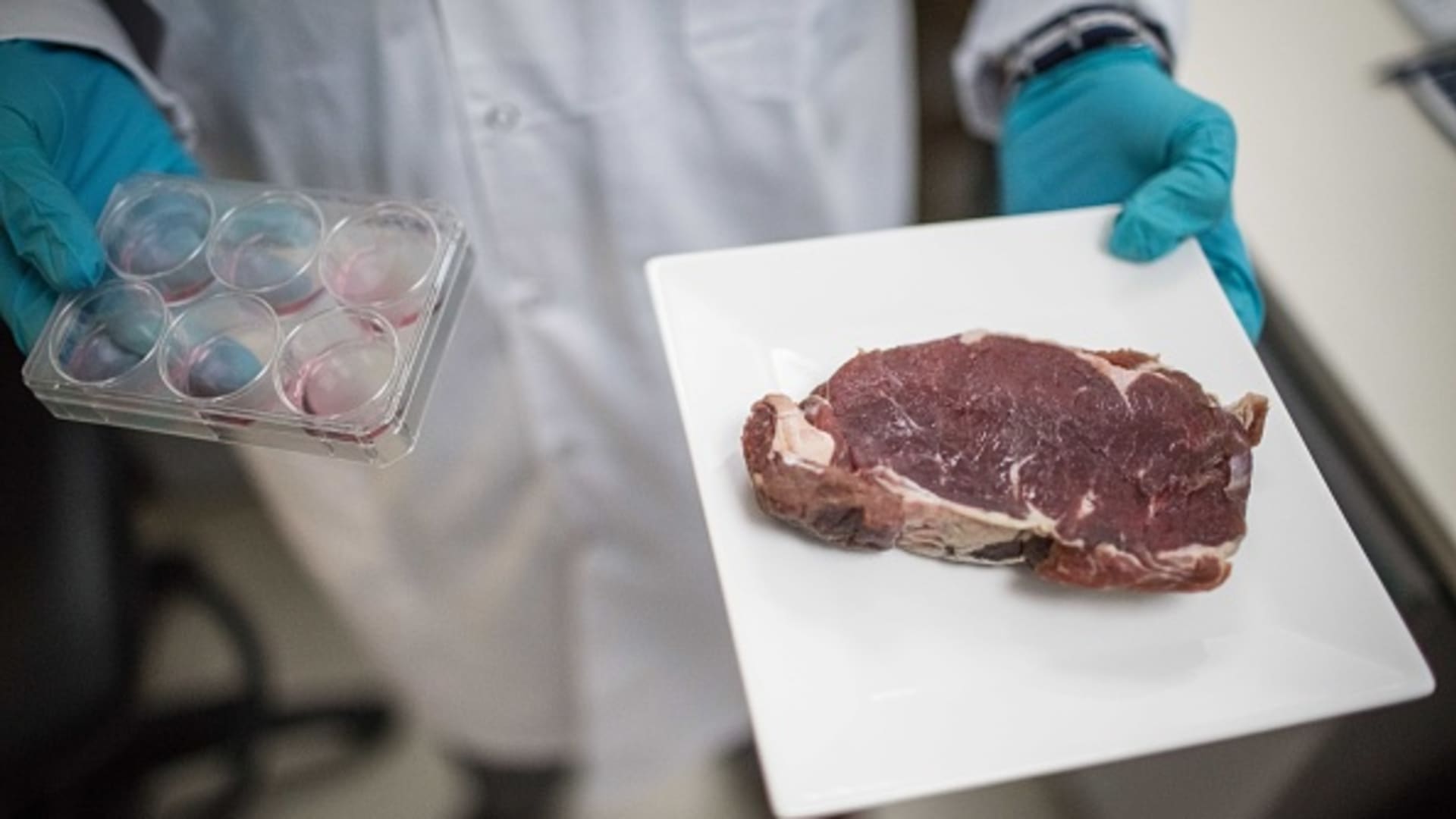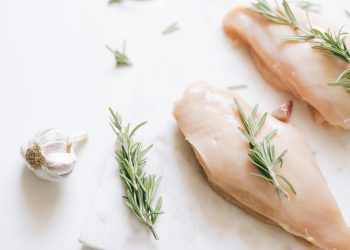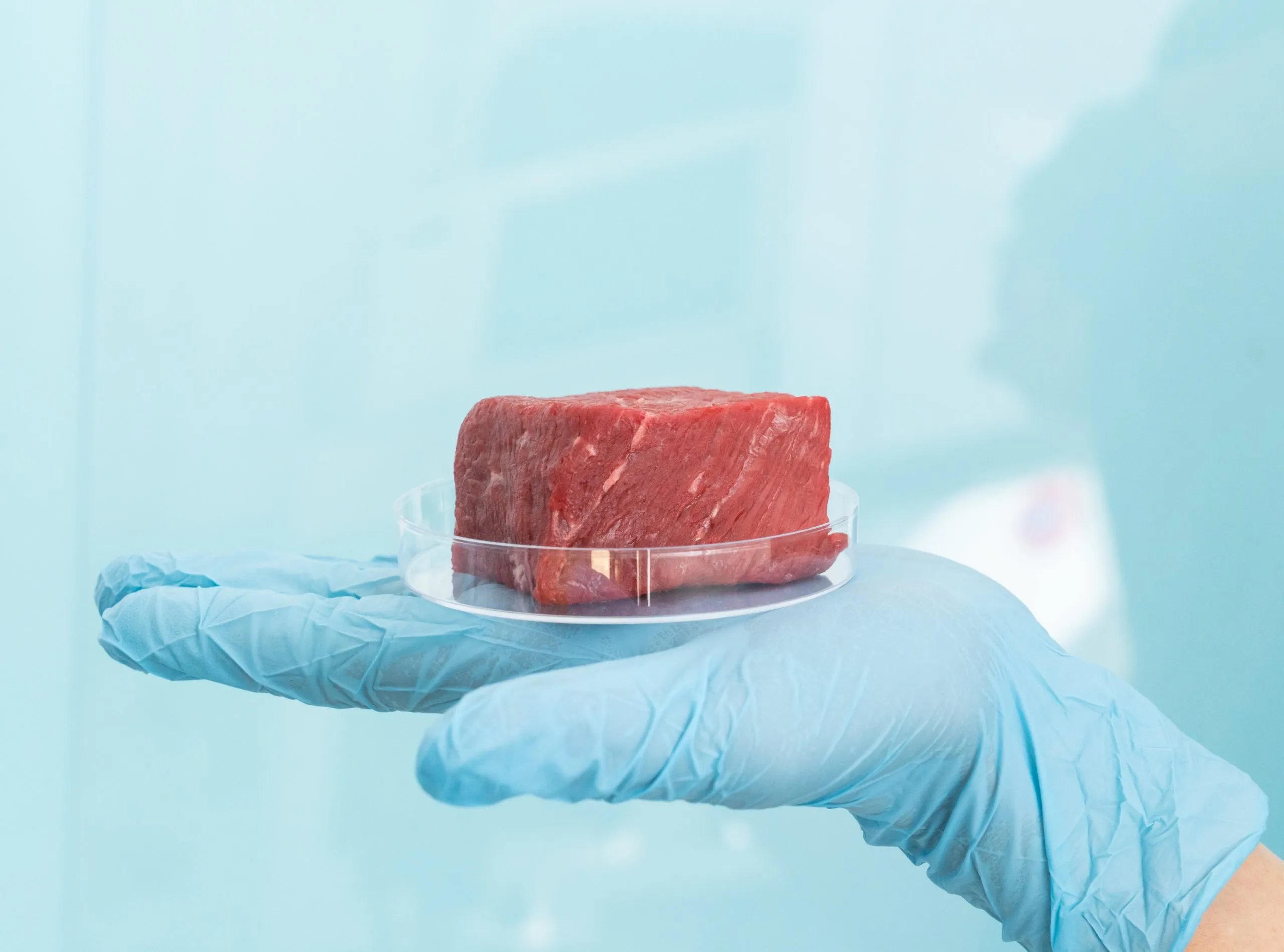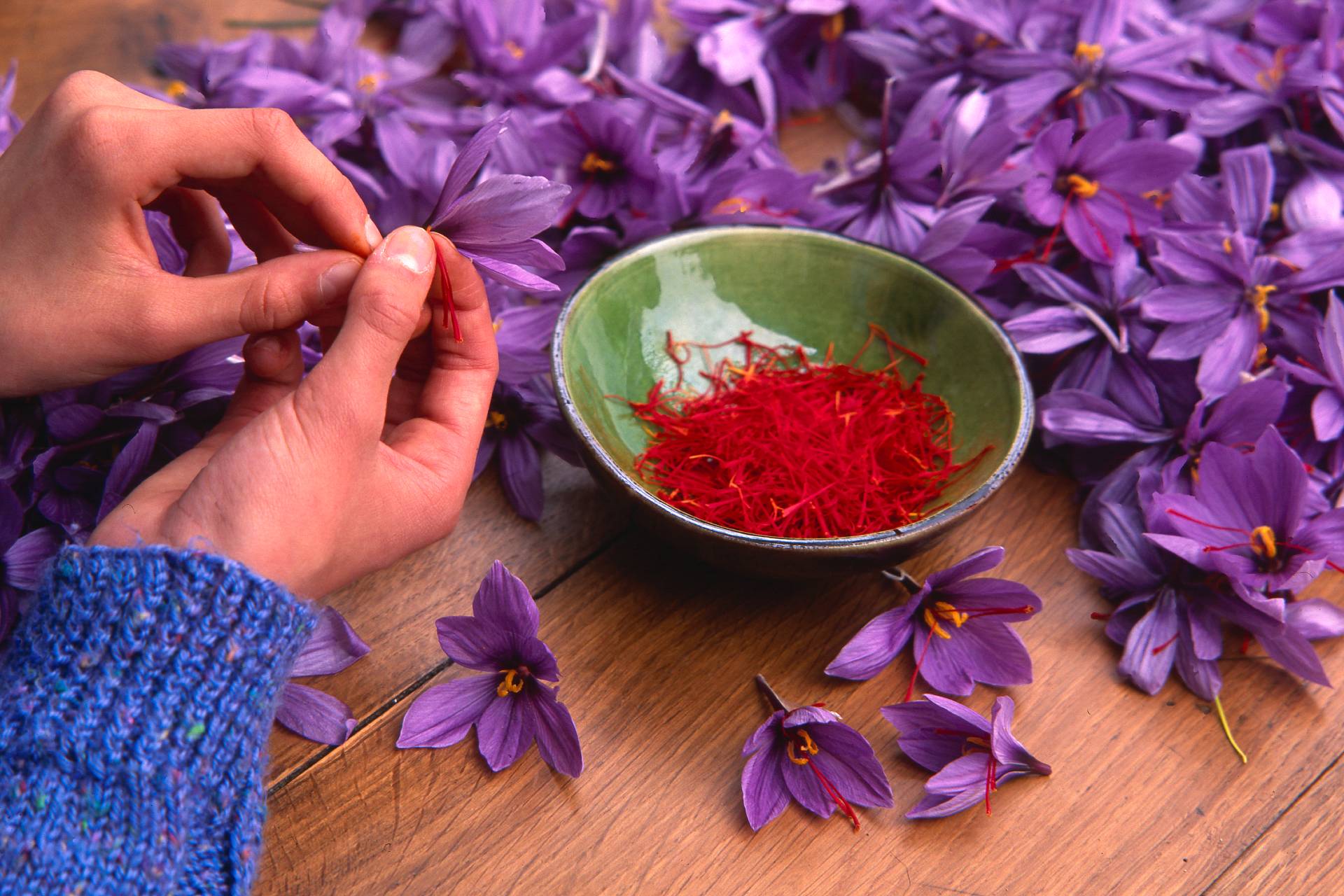Canola, also known as rapeseed, is high in protein but unsafe for human consumption. Denmark researchers are working to change that.
Until now, the canola or rapeseed plant—which is grown all over North America and Europe for oil and animal feed—has been unsafe for human consumption. Researchers at the University of Copenhagen have gotten closer to removing the plant’s bitter defense substances, and in doing so, are paving the way for a new plant protein source to support the movement to replace animal protein.

“The climate crisis demands that we reduce meat consumption and eat more plants, which is where rapeseed has great potential as a new source of plant protein in the green transition,” lead researcher Professor Barbara Ann Halkier said in a statement. “Our latest research results bring us a critical step closer to making full use of rapeseed.”
In Denmark, where the research is taking place, more than 200,000 hectares of rapeseed are now cultivated, and in the European Union, half of the locally-grown plant proteins come from rapeseed plants—but not as a direct food source for humans.
While the rapeseed plant’s high content of bitter defensive substances keep disease and herbivores at bay, they also make the plant inedible for humans.
The new research, which was recently published in the scientific journal Nature, has identified the proteins that help store the bitter substances in seeds of thale cress, a model plant and close relative of rapeseed. The researchers say that this knowledge can be used to remove these proteins and in doing so, rapeseed’s bitter taste, which offers a wealth of opportunity.
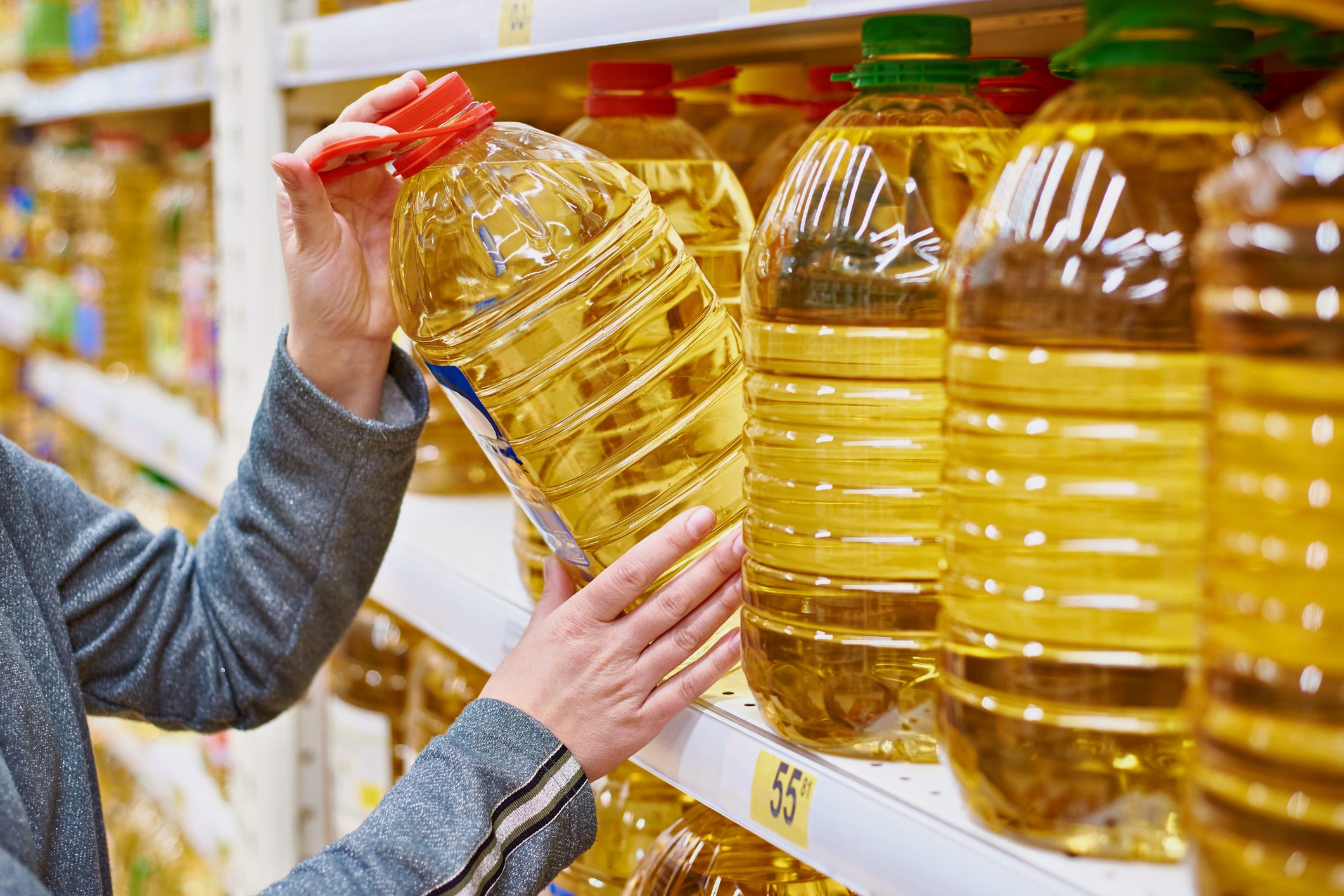
Is canola high in protein?
Plants of the cruciferous family are characterized by being able to produce a group of defense substances called glucosinolates. These substances give plants such as broccoli, cabbage, arugula, and rapeseed a strong and bitter taste that scares off herbivores and diseases.
As a result, the so-called rapeseed cake, which is the remains of the seeds after the oil has been squeezed out, has only been used in limited quantities as feed for pigs and chickens, despite its staggering 30 to 40 percent protein content.
To protect their offspring, thale cress and closely related rapeseed plants fill their seeds with glucosinolates so that the seeds and small seedlings can defend themselves against insects and other enemies. As the seeds cannot synthesize glucosinolates themselves, the substances must be transported from the mother plant to the seeds.

According to the researchers, some glucosinolates are healthy, such as those in broccoli and other cabbages. However, glucosinolates in the seeds of the rapeseed plant are unhealthy.
** Click here to read the full-text **





